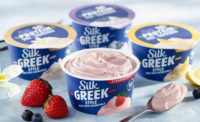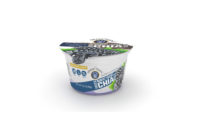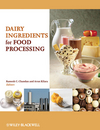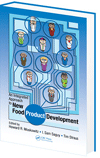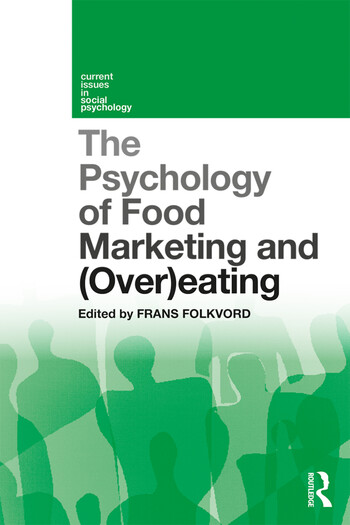Dairy-Free Alternatives: The New Greek Yogurt
New report identifies dairy-free, plant-based yogurt as the new market disrupter replacing the now mainstream Greek yogurt trend
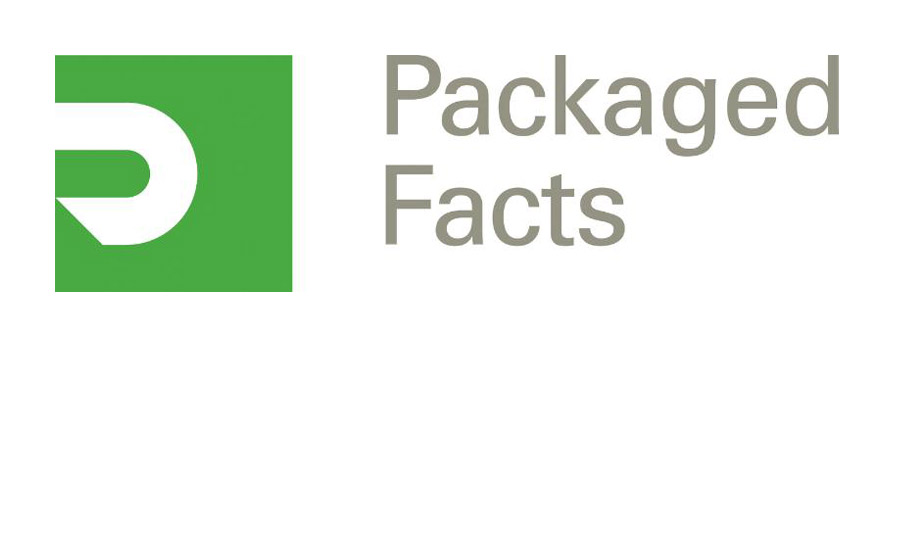
Traditional plain yogurt is a thing of the past for many consumers, and most yogurt eaters want something that hits more notes, according to market research firm Packaged Facts in the report The Yogurt Market and Yogurt Innovation, 3rd Edition.
Yogurt eaters will continue to seek out products that are special in some way – healthier, more nutritious, uniquely flavored, indulgent, or decadent. Most notably, Packaged Facts identifies dairy-free, plant-based yogurt as the new market disrupter replacing the now mainstream Greek yogurt trend.
"With Greek yogurt having already refashioned the yogurt category, the question becomes what's the next disruptor? The longer-term answer is dairy-free yogurt," says David Sprinkle, research director for Packaged Facts. "The segment is following more familiar dairy-alternative beverage ingredient trends, especially as dairy-free yogurt moves beyond soy to feature coconut, almond, and cashew as well as more exotic variations such as pea-based yogurt."
To an even greater degree than Greek yogurt in its pure, plain incarnation, dairy-free yogurt chips away at the premise that yogurt is at heart a good-for-you product category, any dessert flavors and candy toppings notwithstanding. Worse, non-dairy yogurt takes probiotics and high protein, both hot nutritional trends, and transfers these trump cards to the plant-based product trend's bag of tricks. With the plant-based trend, many younger and trendier American eaters are switching lanes from "leaning more vegetarian" to "leaning more veganish," and thereby cutting back on or foregoing dairy.
Although dairy-free is not the only innovation trend going, yogurt leaders have seen the dairy-free messaging on the wall, notes Sprinkle. Stonyfield Farms, with its dairy-free yogurts, is now under Lactalis. Danone fields Silk (now including dairy-free and soy-free Silk Almondmilk) and So Delicious coconut culture yogurt alternatives.
Looking for a reprint of this article?
From high-res PDFs to custom plaques, order your copy today!



